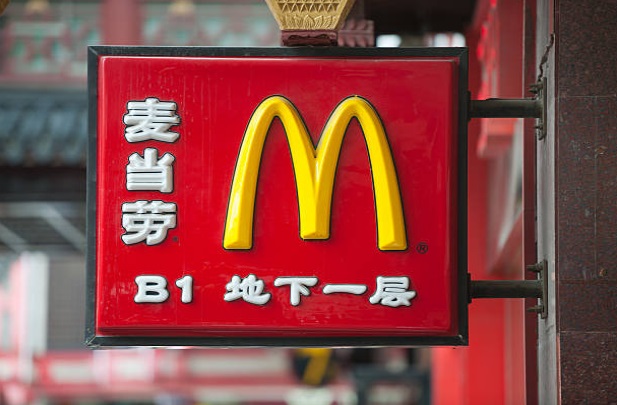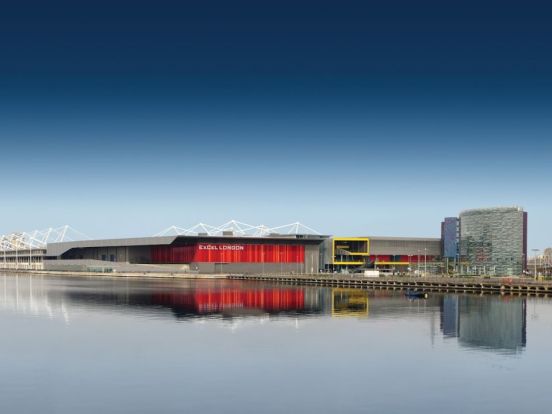McDonald’s has embarked on an ambitious plan of designing more than 95 percent of its 1,800 new restaurants in China to meet the ‘LEED’ and ID+C certification standard issued by the US Green Building Council. The move further reinforces the quick-service restaurant giant’s commitment to sustainable growth, says GlobalData, a leading data and analytics company.
According to the company’s 2016 Q3 consumer survey, environmental concerns are now at the forefront of consumers’ minds, with 75% of global consumers believing that ‘living an ethical and sustainable lifestyle’ is important or very important to their wellbeing.
Morgane Richert, Senior Foodservice Analyst at GlobalData, says: “The company’s response to customers’ concerns over environmental issues will go a long way in building trust in the brand, by demonstrating that the chain’s green initiatives will be implemented holistically and across global operations.”
Though McDonald’s was once a poster child for environmental and health issues, coming under public pressure from consumers and environmental groups in the late 1980s, it was also the first major foodservice chain to enter into a partnership with Environmental Defense Fund to reduce packaging and waste.
Through these efforts, McDonald’s eliminated more than 300 million pounds of packaging and reduced restaurant waste by 30% over the following decade.
Since then, McDonald’s has continued to establish itself as a leader in environmental practices, setting standards for the foodservice industry as a whole. This is, in turn, incentivizing its competition to follow suit and treat sustainability as an essential component of strategy and planning for the future.
Earlier this year McDonald’s announced its intention to get 100% of its packaging from renewable, recycled or certified sources by 2025.
In July 2018, McDonald’s and Starbucks indicated that they would team up with Closed Loop Partners to develop a cup that could be mass produced from recyclable and/or compostable materials.
Richert concludes: “This shows that, in matters of environmental protection and sustainability, even the fiercest industry rivals are ready and willing to join forces and resources for the common good, a move that will benefit the entire industry, while also boosting both brands’ image and reputation among consumers.”








